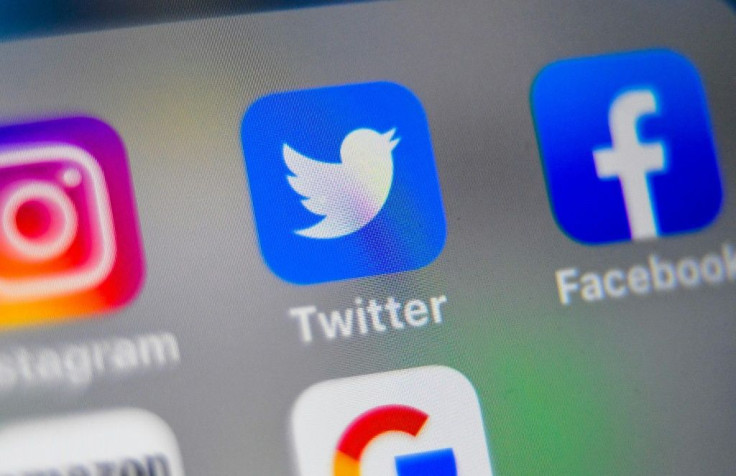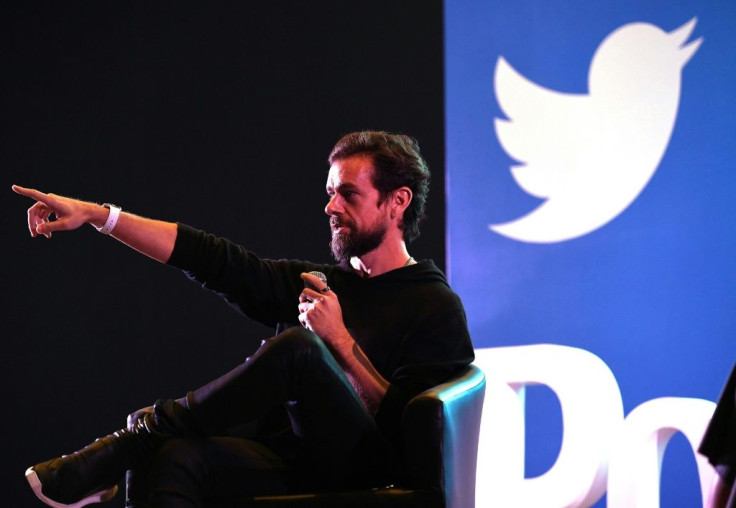Twitter Backs Overhaul Of Social Media To Stem Disinformation

Twitter co-founder Jack Dorsey is funding research aimed at changing the way information circulates on social media -- with the goal of combating online violence, hate and disinformation.
Dorsey on Tuesday announced he would fund an independent team of five architects, engineers, and designers -- dubbed Bluesky -- to develop an "open and decentralized standard for social media."
In a series of posts, he explained the goal is for Twitter to ultimately be subject to this new standard, which would be open to adoption by fellow social media networks like Facebook or TikTok.
"We're facing entirely new challenges centralized solutions are struggling to meet," Dorsey said.
Those range from rooting out disinformation and detecting violent content -- hate speech or child pornography -- to the fact today's algorithms tend to direct users' toward content "that sparks controversy and outrage."
"Centralized enforcement of global policy to address abuse and misleading information is unlikely to scale over the long-term without placing far too much burden on people," Dorsey said.
But he argues a single technical standard shared across different platforms -- which currently operate like walled gardens -- could be a game changer.

A shared new standard could curb the power of tech giants to determine what content goes viral -- putting individual users in control.
It could also theoretically hand users back control of their data -- currently stored and monetized by private platforms, typically through advertising.
Dorsey argued that the value of social media was increasingly shifting away from content hosting and removal, and towards recommendation algorithms.
"Unfortunately, these algorithms are typically proprietary, and one can't choose or build alternatives. Yet," he wrote.
An open standard, Dorsey said, would allow Twitter to focus on building recommendation algorithms that "promote healthy conversation."
He also said the team would also seek to "build open community" around the new standard, to include companies and organizations, researchers and civil society leaders.
"This isn't going to happen overnight," Dorsey conceded.
"It will take many years to develop a sound, scalable, and usable decentralized standard for social media that paves the path to solving the challenges listed above. Our commitment is to fund this work to that point and beyond."
© Copyright AFP 2024. All rights reserved.





















